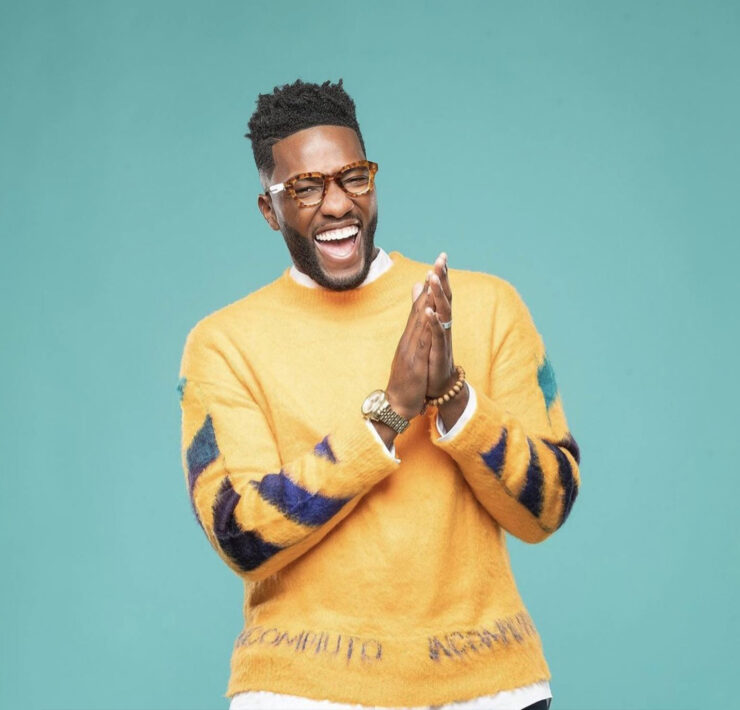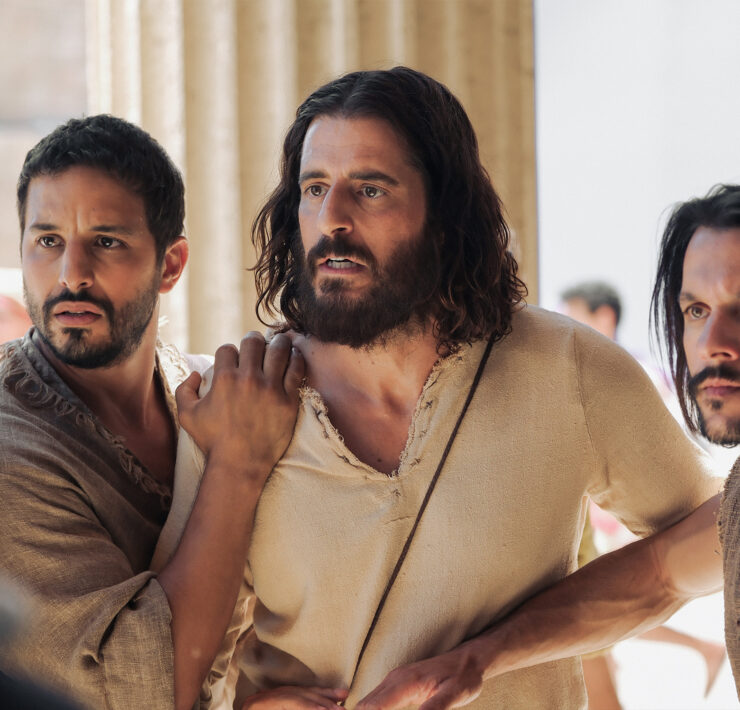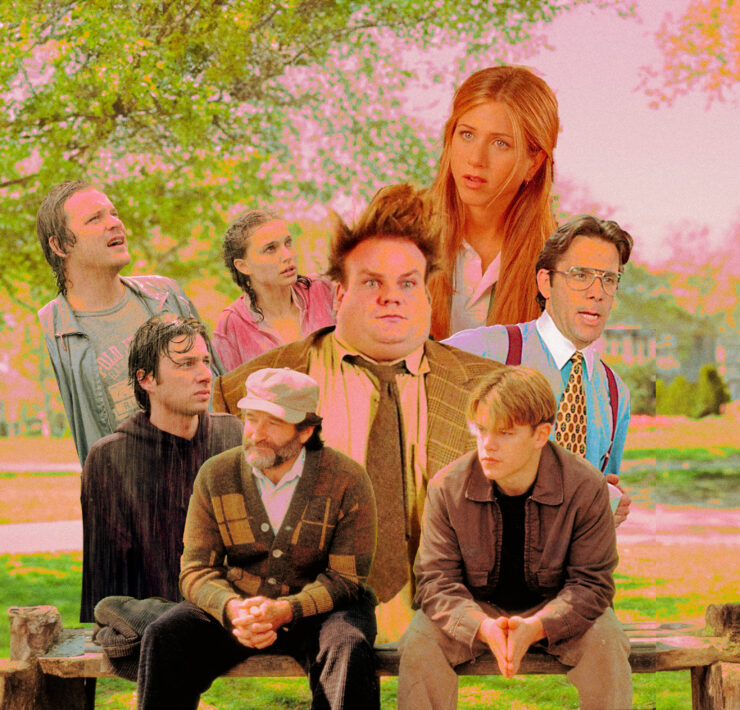Our moment is too brief. Our bodies are too precious. And you are here now, and you must live—and there is so much out there to live for, not just in someone else’s country, but in your own home. —Ta-Nehisi Coates
I remember having a discussion recently in one of my classes. As the students logged on to Zoom, some of the icons showed a silhouette of a body, others showing some students with dim lights, others sitting outside on beaches, others sitting in well lit cafes covered in dark masks.
“Alright class,” my teacher said, “we’re going to begin today with another question.”
We would sit with Black texts. We would mediate on Black experiences. We would immerse ourselves in what Kevin Quashie calls the Black world. Our worlds were beyond the gaze of whiteness. We talked about white supremacy and we talked about racism but we talked about so much more. We talked about W.E.B. Du Bois’s Souls of Black Folk, we talked about Nella Larsen’s Passing, we talked about the Black Arts Movements, and of Black poets, and of Black words that took us into the future and put our hands in the past. My professor wanted us to remember: the Black texts must speak and we must listen carefully and closely, lest we miss the beauty we were not meant to see, and feel, and touch, and experience.
This particular week, we were discussing poet and essayist Audre Lorde. We had just finished Zami and now reading Sister, Outsider. I sat at my desk the night before, my warm coffee in my hand as I sipped, turned on Miles Davis and sat with Lorde. “Poetry is Not A Luxury,” the chapter we read was entitled. As I read I could almost hear Audre’s voice, its melodic beauty, her assuredness of her own place, and her sort of stretching of certain words to cause the listener to pause. I paused. And I stretched.
Her words bent my heart and mind in ways that felt right, and moral, and good. Sort of like when the preacher tunes up and the organ makes your body quiver and everybody get lost in a moment of ecstasy and imagination. Lorde called this the erotic: bodies and souls couldn’t shake so easily away from the love between us and the love we knew could be possible and performed.
As I sat in class the next day, my son playing and running in the yard in front of me, his arms flailing as he ran from one end of the yard to the next, the students’ eyes locked on the screens, I couldn’t stop thinking about a line Lorde wrote. “Our children cannot dream unless they live,” she wrote, “they cannot live unless they are nourished..”
She was right. Poetry is not a luxury, because life, Black life, in this country is still not safe, not free, nor meant to survive. We are neither meant to grow old or grow up. We are neither meant to love nor experience pleasure. We are neither meant to aspire or advance or make our money long and our dreams deep or our songs loud or our hugs close. We live in America. And in America, Blackness is still seen as a plague and something to be destroyed and a reminder of just how much a place believed to be God’s country is still the devil’s stomping grounds.
Later that evening my wife and I watched the new Netflix drama Monster. Admittedly, I had some reservations. I am tired. I am tired of the insatiable desire for Black suffering. I am tired of Black people being exploited. I am tired of Black stories always ending in Black Losses. We are so familiar with seeing Black lives as resisting terror and being subject to sophisticated ways of wounding the bodies of our children, women and men. Black life, for many, must be in performance or in pain to be seen, valued and loved.
Monster was different. Steve Harmon’s story hit me differently. I felt a range of emotions. I felt all the emotions that I knew were locked deep inside in my attempts to lessen the blows that we were forced to endure. His story, like the words of Audre Lorde, was a poem. But it was not a happy poem, nor was it a luxury. It was chaotic because he lived in a system and a country that did not see him as equal, but only saw him as young, and Black, and guilty and on trial. In some sense, this is the larger story of the country that has failed us again and again. The American system and American laws and American imaginations have never been good at seeing us as worthy of freedom but has seen us as worthy of cages, and terrible policies, and unnecessary policing. Steve’s story is no different: he lives in a country that does not love him.
Yet somehow, in the midst of such brutality, and the terribleness of having one’s reality judged and on trial, by some miracle, he and his family are able to keep some sort of dream alive. Dreaming and living in this country for Black people continues to be on shaky ground. Images of horror and terror cloud our minds and our families and our streets and our books with a pervasiveness that is unyielding. For every Steve, a brilliant beautiful Black boy, a wonder and a witness, there is a country that has yet to appreciate his body and his freedom. He is caught in a death-dealing system, looking for life and trying to find the humanity in himself and others that is almost beat out. He is caught in a place that does not see him as a human but only as a monster.
Monster. That word, just like “super-predator” or “troublemaker” or whatever people have used to demonize Black boys and Black girls, has justified all types of harm.
I couldn’t help but wonder: Is the way the country is operating right now nourishing for Black children and promoting the fullest experience of life that is possible?
“What a terrible estimation of Black life so many people have,” I thought as I watched the film. “What a terrible way to see us.”
Though the country and the system couldn’t see Steve, his family and his friends and those who knew him could. There is something to us that is so much more. Even if the system thought of him as guilty before a human, there was something that kept him alive and trying to find meaning and trying to remain open. He was so much more. His family was so much more. The Black world they inhabited was so much more. He was not a villain. He was not a hero. He was complicated. And most of all: He was a human, worthy of the deepest love possible.
In a time where we are living through way too much Black pain and death, we need art that will turn our gazes to what Kevin Quashie calls Black aliveness.
I had read the Gospels that morning. Jesus spoke of himself as the Good Shepherd. “The thief,” he says, “comes only to kill, steal and destroy but he came that we may have life.”
What does it mean to consider Black people not dead but alive?
We are inundated with images of Black people in performance for whiteness, or in pain, or in resistance, or in so many ways, experiencing death. The world in Monster, around dinner tables, around card tables, in church pews, on concrete streets, on dirt courts, in dark studios, in cold classrooms, in leather chairs, all of it, Quashie says, “is a world where Blackness exists in the tussle of being, in exception and in ordinariness.”
Black people are alive. Black people are not perfect and should not have to be to stay alive. There are Black Wins. There are Black Losses. There is Black Love. There is Black Failure. But in the midst of it all, in the ordinariness of life, the film brings the unyielding beauty that radiates from our bodies: a witness to a deep and profound love that sees our humanity and embraces it.
“Let the world be a Black Poem,” Amiri Baraka screams out. Boy. Man. Human. Monster. These are Steve’s closing words of the film. Everywhere in between is not luxury but it is a poem. A Black poem. It is dreaming. It is letting what we dream with our eyes closed become what we see, sense, taste, feel, grasp, and hold when our eyes are open. The Black world in Monster is a real world. It is damaged but it is destroyed.
It is a world that invites us to see Black children, women and men are resting, in love, in beauty, given what is owed, cherished, inspired, protected, breathing, loving, whole and alive.
Ta-Nehisi Coates is right: Our moment is too brief. Our bodies are too precious. And you are here now, and you must live — and there is so much out there to live for, not just in someone else’s country, but in your own home.























